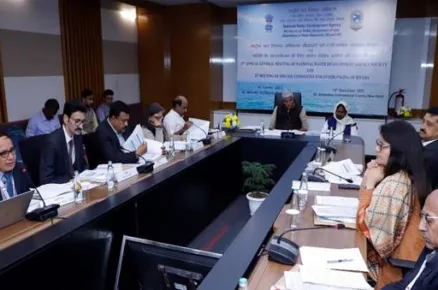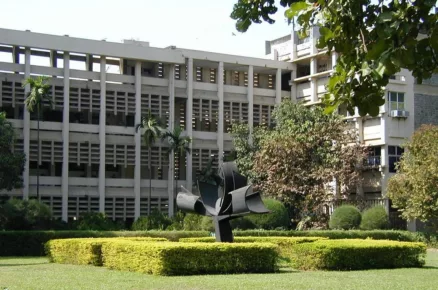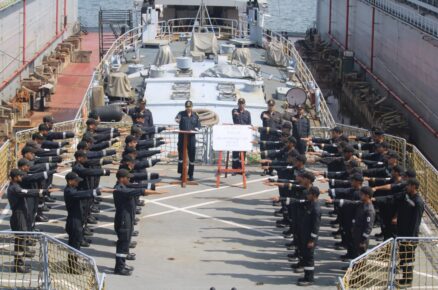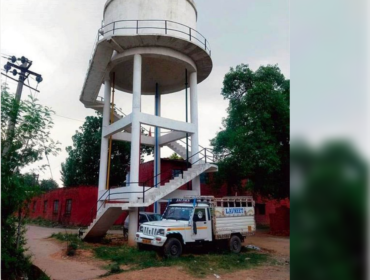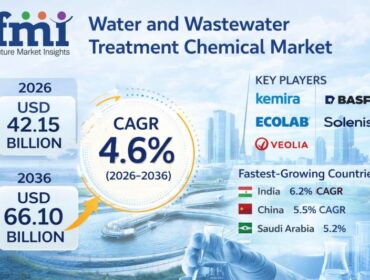The new plants will be constructed at an estimated total cost of Rs. 325 crores after an approval during an upcoming meeting chaired by CM Saini.
The Gurugram Metropolitan Development Authority (GMDA) has proposed the construction of two new water treatment plants, ChanduBudhera and Basai, each with a capacity of 100 million litres per day (MLD), officials said on Friday, adding that this initiative aims to boost the city’s water treatment capacity to 970 MLD.
The new plants will be constructed at an estimated total cost of Rs. 325 crores after an approval during an upcoming meeting chaired by chief minister Nayab Singh Saini.
Currently, GMDA operates treatment plants with a combined capacity of 570 MLD, including three 100 MLD at ChanduBudhera and three 90 MLD at Basai. Two additional 100 MLD units are under construction at ChanduBudhera and are expected to be completed within the next 18 months.
GMDA chief engineer (infrastructure II division) Rajesh Bansal said that the new plants at ChanduBudhera and Basai will be operational within two to two-and-a-half years. “These plants will gradually augment the treatment capacity, which is required due to the increasing water demand in Gurugram. The proposals will be submitted for approval in the next authority meeting,” he added.
According to Bansal, one of the two 100 MLD treatment plants at Chandu, currently under construction, will be completed by January next year, while the other will be completed by December 2025. “Once completed the raw water treatment capacity of GMDA will be 970 MLD,” he said.
GMDA currently supplies 570 MLD of treated water to Gurugram, sourced from the Yamuna via the NCR water channel. Despite this, the city faces a shortfall of 100 MLD, which is compensated through borewells and tanker water, officials said.
GMDA executive engineer AbhinavVerma noted that unscheduled power cuts have decreased, allowing the plants to consistently treat and supply 570 MLD of water daily. “The shortage in supply for the last few days happened due to power cuts at the plants and also the raw water supply dipped for few days,” he said.
Recently, GMDA dealt with a dip in raw water supply along with a decline in buffer stock of the water by pumping 20 to 25 cusecs of water from ChanduBudhera to Basai using a 1600mm pipeline laid a few years back, said officials. They added that this measure helped stabilise water levels in Basai’s tanks. “A heavy pump was deployed at Chandu and we are using it to supply water to Basai, where the water level in the tanks has started to increase and allowed us to meet the shortfall. We keep three days water supply as buffer for the city,” said another GMDA official asking not to be named.
Source: Hindustan Times
Image Credit: Hindustan Times




